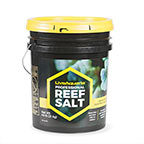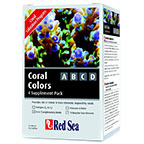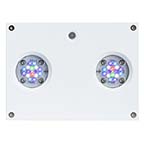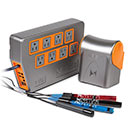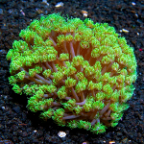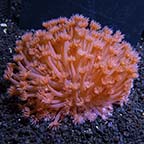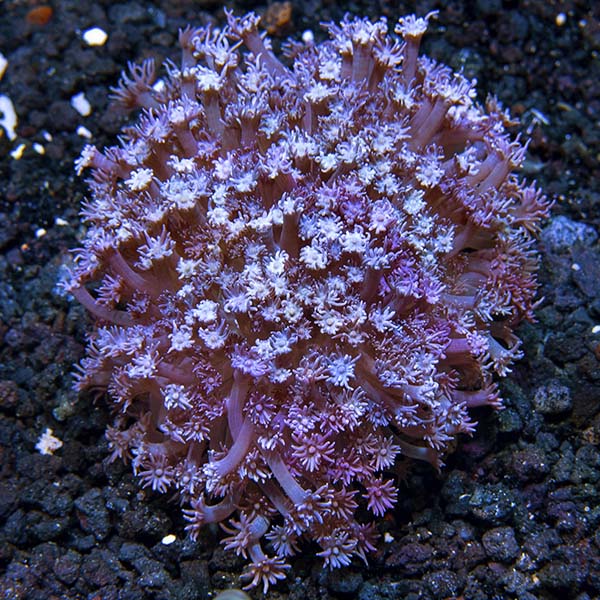
Additional locales and sizes may be available!
Additional locales and sizes may be available! Email me when availableQuick Stats
What do these Quick Stats mean? Click here for more information
What do these Quick Stats mean? Click here for more information
Overview
Being a moderately difficult coral to care for and requires moderate lighting combined with moderate water movement within the aquarium. For continued good health, it will also require the addition of calcium, strontium, and other trace elements to the water.
The symbiotic algae zooxanthellae hosted within its body provides the majority of its nutritional requirements from the algae's light driven process of photosynthesis. It will also benefit from additional food in the form of micro-plankton or brine shrimp. Clownfish will often be found in association with the Flower Pot Coral and play in its polyps if no anemone can be found in the reef aquarium.
Approximate Purchase Size:
Australia/Tonga Small: 1-1/2" to 2-1/4"; Australia/Tonga Medium: 2" to 3-1/2"; Australia/Tonga Large: 3-1/2" to 5-1/2"
Aquacultured Small: 3/4" to 1-1/4"; Aquacultured Medium: 1-1/2" to 2-1/4; Aquacultured Large: 2-1/2" to 4"



